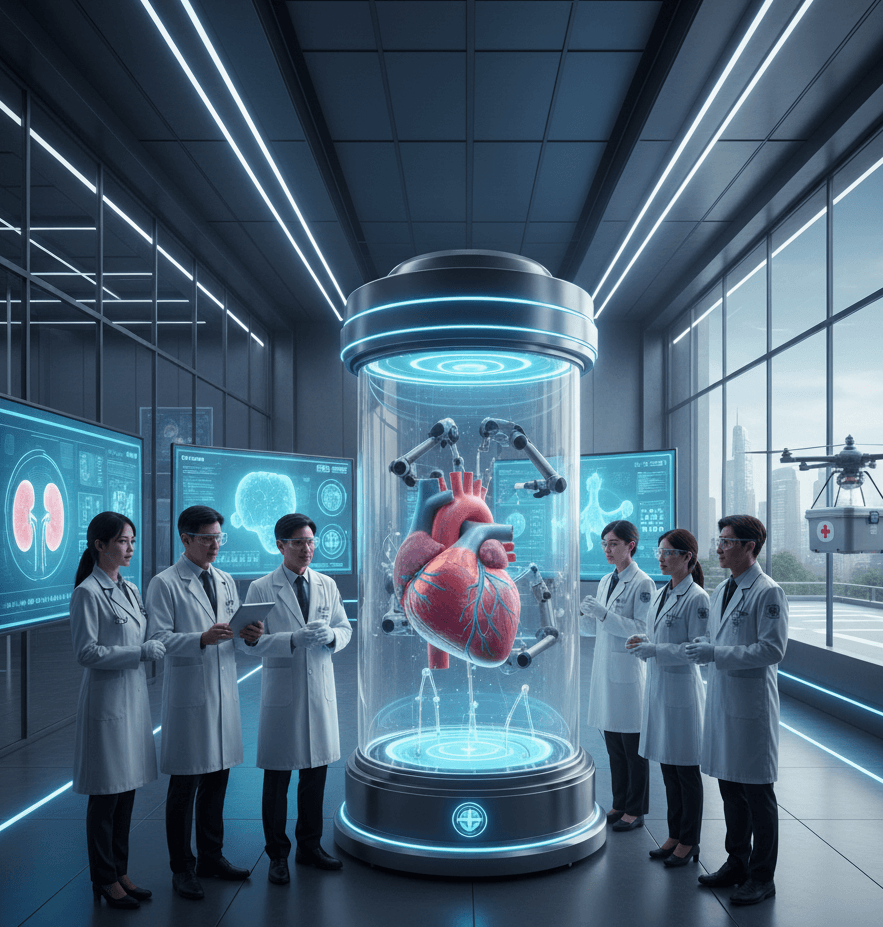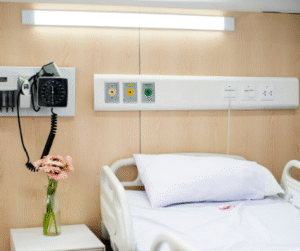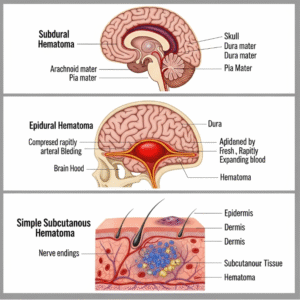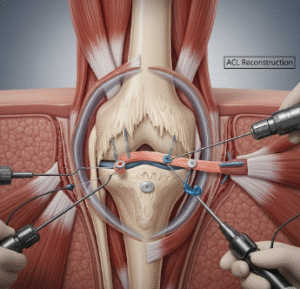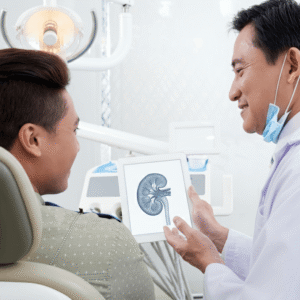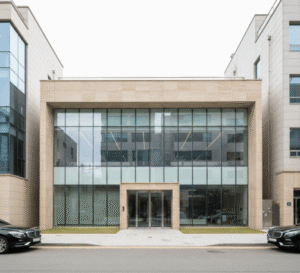Korea has long been known for its excellence in organ transplantation, saving lives through advanced surgical skills and strong medical systems. Now, as science and technology evolve, Korea is stepping into a new era — one where organ transplants become safer, smarter, and possibly even replaceable through regenerative medicine and bioengineering.
Korea’s Strong Foundation in Transplantation
→ Korea already performs a large number of successful liver and kidney transplants, especially from living donors.
→ The country’s national system for organ sharing ensures fair allocation and fast coordination between hospitals.
→ These achievements have built a solid foundation that supports research and innovation in transplantation and related medical technologies.
Why this matters: With experience and organization already in place, Korea is well-positioned to lead the next generation of transplant advancements.
Smarter Immune Control and Rejection Prevention
→ One of the biggest challenges after a transplant is preventing the body from rejecting the new organ.
→ Korean researchers are working on new immune tolerance treatments that can help the body accept transplanted organs more naturally.
→ Scientists are developing safer, more targeted anti-rejection drugs that reduce long-term side effects.
→ Research also focuses on protecting the organ from early damage during surgery — for example, improving recovery after blood flow interruption.
Goal: To make transplants last longer, work better, and reduce the need for strong medications over time.
Animal-to-Human Organ Transplants (Xenotransplantation)
→ Scientists in Korea are exploring xenotransplantation, which means using organs from animals (like genetically modified pigs) for human transplants.
→ The aim is to help solve the shortage of human donor organs, especially for heart, kidney, and pancreas transplants.
→ These studies are still in the laboratory stage, but they hold great promise for the future.
Potential benefit: If proven safe, xenotransplantation could give thousands of patients new chances for life without long waiting times.
Regenerative Medicine and Cell-Based Organ Repair

→ Korean researchers are combining stem cell therapy with organ transplantation to improve healing and extend organ life.
→ This involves injecting special cells that can repair small injuries, strengthen transplanted organs, and support regeneration after surgery.
→ Regenerative treatments may one day help damaged organs recover enough to avoid full replacement.
Future vision: Instead of replacing organs completely, medicine may focus on repairing them from within.
Advanced Organ Preservation and Transportation
→ A major improvement is happening in how organs are preserved before surgery.
→ Korean hospitals are adopting machine perfusion technology, where an organ is kept alive outside the body by circulating oxygen and nutrients through it.
→ This method keeps organs healthy for longer, increases transplant success rates, and allows safer transportation between hospitals.
Key point: Better preservation means more organs can be used — and fewer are lost due to time limits.
Artificial Intelligence and Personalized Matching
→ Finding the perfect match between donor and recipient is critical for a successful transplant.
→ In the near future, artificial intelligence (AI) will help doctors predict how well a specific donor organ will function in a specific patient.
→ AI can analyze medical records, genetics, and immune data to create personalized compatibility scores.
→ This technology may also help plan post-surgery care, reducing rejection risk and improving recovery.
Why it matters: Smarter data means faster decisions, fewer complications, and better long-term outcomes.
Expanding Donor Programs and Ethical Care
→ Korea is working to increase the number of deceased donors through national awareness campaigns and improved registration systems.
→ Living donors remain a vital part of the system, especially for liver and kidney transplants, and new policies are strengthening medical follow-up and donor protection.
→ Transparency, ethics, and patient safety are central to maintaining public trust in transplantation programs.
Focus: Building a strong culture of donation while ensuring that every donor and recipient receives lifelong care.
Challenges That Still Need Attention
→ Immune rejection is still a risk — long-term stability of transplanted organs remains one of the hardest problems to solve.
→ Cost and access must be balanced so advanced treatments are available to everyone, not just those who can afford them.
→ Ethical and safety standards need constant review, especially as xenotransplantation and gene editing progress.
→ The shortage of donor organs continues to be a global issue, and increasing public participation in donation is key to solving it.
Reminder: Technology can advance quickly, but safety, fairness, and transparency must always come first.
What Patients and Families Can Expect
→ Future transplants will likely involve AI-assisted matching, machine-preserved organs, and regenerative support therapies.
→ Patients may benefit from shorter hospital stays, faster recovery, and longer organ lifespan.
→ Clinics will offer more precise pre-surgery testing to predict risks and outcomes.
→ More patients from abroad may visit Korea for transplant surgeries, as the country’s expertise and technology continue to grow.
For families: Greater access, safer operations, and better quality of life after surgery are the main goals of this new era.
Looking Ahead
→ The next decade will see transplantation merging with regenerative medicine, artificial intelligence, and gene science.
→ Doctors are working toward a world where no patient dies waiting for an organ, thanks to improved preservation, lab-grown tissue, and alternative sources.
→ Korea’s medical innovation, ethical focus, and strong national coordination system make it one of the most advanced transplant programs in Asia.
Final thought: The future of organ transplantation in Korea is not only about replacing what’s lost — it’s about restoring life, improving health, and extending hope through science and compassion.

